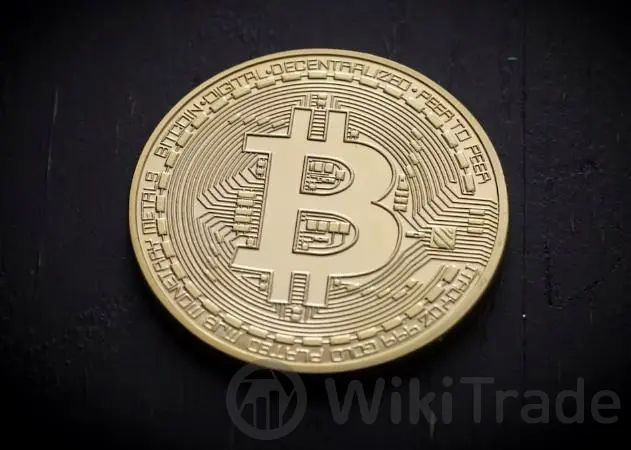Can you cash out Bitcoin for real money?
Abstract: Converting Bitcoin into traditional currency is feasible through cryptocurrency exchanges or Bitcoin ATMs. Tax implications may arise, so consulting a tax professional is advised.
Cashing out Bitcoin assets involves selling them for fiat currency like USD, which can then be withdrawn to a bank account. This process can be managed through reputable cryptocurrency exchange platforms or Bitcoin ATMs. Here's a streamlined guide to cashing out Bitcoin:

Step-by-Step Process
Choose a Reputable Exchange: Select a platform that supports fiat-to-crypto trading pairs and is known for security and reliability, such as Coinbase, Binance, Kraken, or Bitfinex.
Create an Account: Sign up and verify your identity to comply with KYC and AML regulations.
Deposit Bitcoin: Transfer Bitcoin from your wallet to the exchange wallet using the provided deposit address.
Sell Bitcoin for Fiat Currency: Place a sell order to convert Bitcoin into fiat currency, specifying the amount and desired currency.
Withdraw Fiat Currency: Withdraw the fiat currency to your linked bank account, which may involve additional verification and fees.
Consider Tax Implications: Cashing out Bitcoin may have tax consequences; consult a tax professional for compliance.

Credible Platforms for Cashing Out Bitcoin
A comparison of credible platforms is provided below, focusing on their fiat currency support, trading fees, security features, user experience, and additional features:
| Platform | Fiat Currencies Supported | Trading Fees | Security Features | User Experience | Additional Features |
|---|---|---|---|---|---|
| Coinbase | USD, EUR, GBP, and more | 0.5% - 4.5% | Two-factor auth, insurance | User-friendly, mobile app | Crypto wallet, recurring purchases |
| Binance | USD, EUR, GBP, and more | 0.1% - 0.5% | Two-factor auth, SAFU fund | Advanced trading, coin selection | Staking, futures trading, savings |
| Kraken | USD, EUR, GBP, and more | 0.16% - 0.26% | Two-factor auth, cold storage | Robust trading platform, high liquidity | Margin trading, OTC desk, dark pool trading |
| Bitfinex | USD, EUR, GBP, and more | 0.1% - 0.2% | Advanced security, cold storage | Advanced trading tools, high liquidity | Margin funding, derivatives trading, peer-to-peer financing |

Transferring Bitcoin incurs fees due to factors like network congestion, transaction size, and urgency. Network fees, also known as miner fees, are required to prioritize and confirm transactions on the blockchain. These fees fluctuate based on network demand.

Bitcoin ATMs
Bitcoin ATMs offer a convenient method to convert Bitcoin into fiat currency. They are accessible in public places and feature user-friendly interfaces. Transaction fees vary and are displayed before confirmation. Bitcoin ATMs provide instant cash access and a degree of privacy compared to online exchanges.

Usages of Bitcoin
Bitcoin serves as a medium of exchange for purchasing goods and services and as an investment asset. Its adoption as a payment method has grown, with merchant services providers, e-commerce platforms, payment processors, and POS systems supporting Bitcoin payments.

Investing in Crypto
When investing in cryptocurrencies, choose platforms known for security, variety, user interface, liquidity, and competitive fees. Platforms like Coinbase, Binance, Kraken, Gemini, Coinmama, Robinhood, and eToro are among the best for investing in crypto.
Conclusion
Cashing out Bitcoin requires careful selection of a platform, understanding of fees, and awareness of tax implications. Bitcoin ATMs provide an alternative method for cashing out with instant access to funds. Always exercise caution and consult professionals when dealing with cryptocurrency transactions to prevent losses.




Top News
 WikiTrade
WikiTrade WikiTrade
WikiTrade WikiTrade
WikiTrade WikiTrade
WikiTrade WikiTrade
WikiTrade WikiTrade
WikiTrade WikiTrade
WikiTrade WikiTrade
WikiTrade WikiTrade
WikiTrade WikiTrade
WikiTrade


